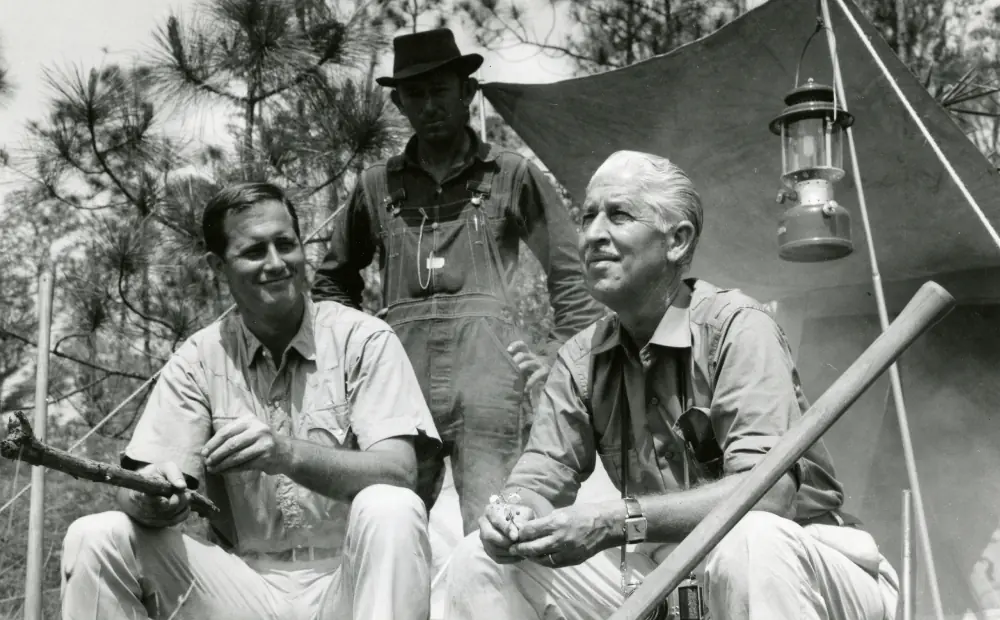By The Florida Aquarium
Meet the African penguins at The Florida Aquarium, a species native to the coasts of Namibia and South Africa. These beloved birds are facing the alarming prospect of functional extinction by 2035. Yet, against the odds, biologists and conservation organizations worldwide are gaining critical insights into their biology and behaviors to support wild populations. Under human care, the penguins at The Florida Aquarium receive world-class veterinary attention, ensuring good health and well-being as the team works to secure their future.
But why should this matter to you? The survival of African penguins is deeply interconnected with the health of our global ecosystems. When they struggle in the wild to find fish for their next meal, it’s a warning of broader environmental issues that could impact us all. By working together — through initiatives like the global Penguin Waddle and other conservation efforts — we can build stronger connections between people and wildlife and create a future where African penguins and our ecosystems not only survive but thrive.
To learn more about The Florida Aquarium’s conservation programs and priorities, visit FLaquarium.org/conservation.
African penguin fun facts
African penguins are one of 18 penguin species worldwide and are thought to be one of the first discovered by humans. Discover more African penguin facts.
- They swallow fish whole! Their diet includes small fish, such as capelin, Peruvian smelt, anchovies, herring and sardines.
- Each penguin has a unique pattern of black spotting on their chest and belly.
- Predators include cape fur seals, sharks and toothed whales.
- They can swim up to 12 mph.
- African penguins molt once per year, meaning they lose all their feathers and grow a new set.
- They pair-bond for life.
- African penguins have pink glands above their eyes to which they send blood, acting as a cooling system. Thus, the hotter the penguin, the pinker the glands!
The Florida Aquarium and other Association of Zoos and Aquariums (AZA) facilities are helping protect African penguins through the AZA’s Saving Animals From Extinction (SAFE) program. This program brings together AZA members to share resources and develop ways to help save these animals from extinction. Learn more about SAFE programs.
For more penguin fun, check out this video of gentoo penguins with Mutual of Omaha’s Wild Kingdom Protecting the Wild Co-Host Peter Gros.












